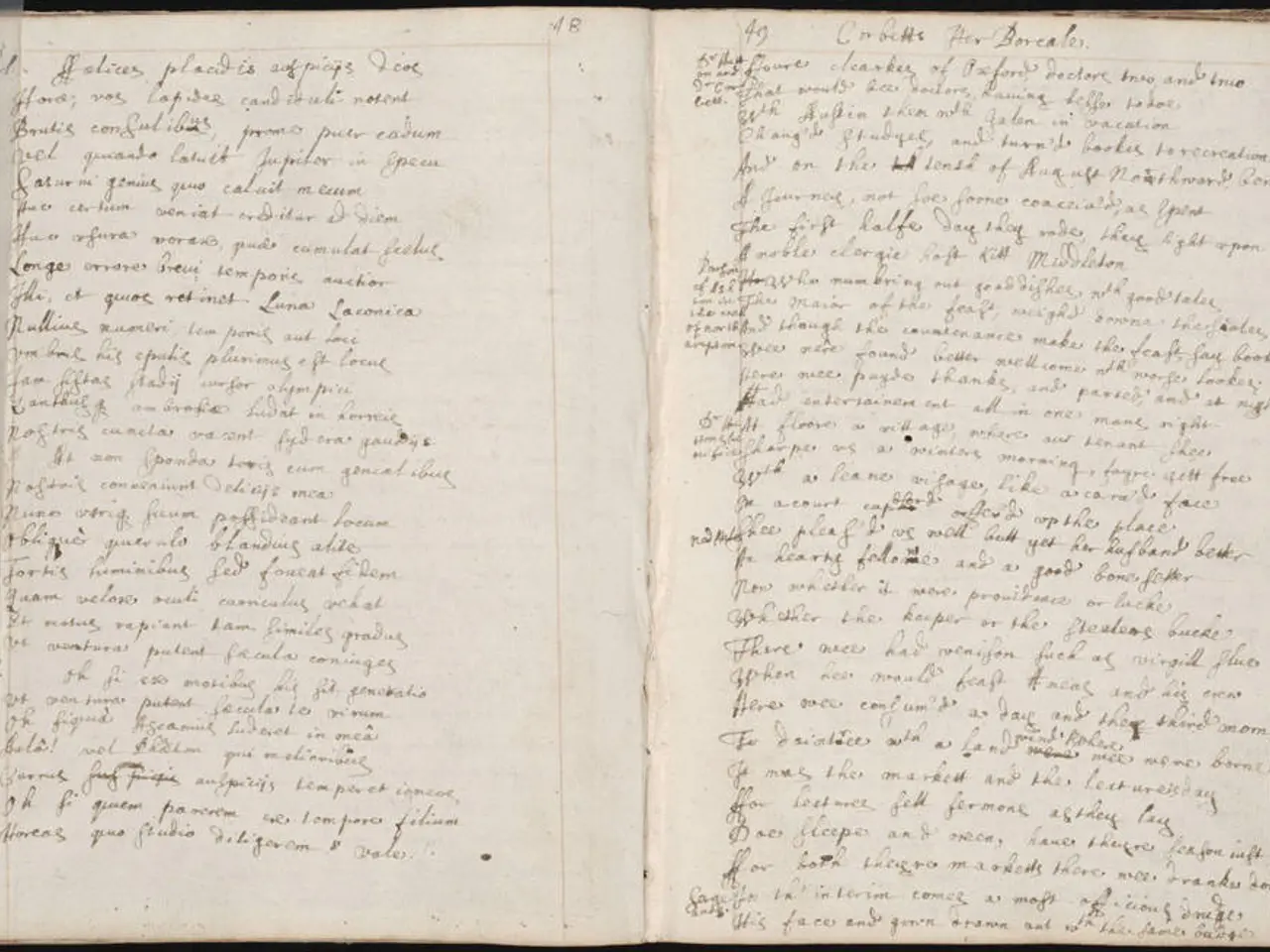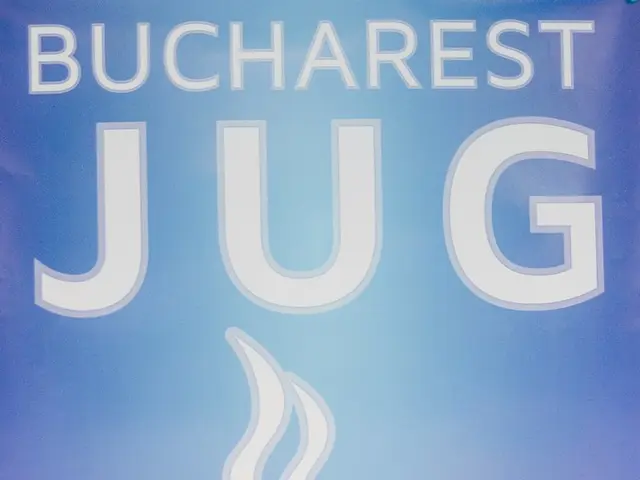USAID Explores PDF Data Liberation for Foreign Aid Insights
A USAID representative has shown interest in delving deeper into foreign aid data stored within PDFs, highlighting challenges faced by government agencies in tracking trends and gaining insights from this format. This interest stems from a past event, the PDF Liberation Hackathon held in 2014 at six locations across the USA.
The PDF Liberation Hackathon, held in January 2014, focused on developing open-source tools to work with PDFs and their databases. Participants tackled tasks such as extracting text, identifying data tables, and automating bulk PDF downloads. Despite the event's efforts, specific details about the organization involved remain unclear, making it difficult to pinpoint the exact group or purpose behind the hackathon.
PDFs, introduced in 1993, have been a popular standard for document storage due to their cross-platform compatibility and consistent document appearance. However, data scientists often struggle with analyzing data from PDFs due to extraction difficulties. This is where the hackathon's tools aimed to provide solutions.
USAID's interest in further analyzing PDF-stored data, particularly from their Development Experience Clearinghouse containing around 170,000 documents, underscores the potential of PDF data liberation tools. Future applications could significantly benefit local governments, non-profits, and international human rights organizations, enabling them to extract valuable insights from PDF data more efficiently.








